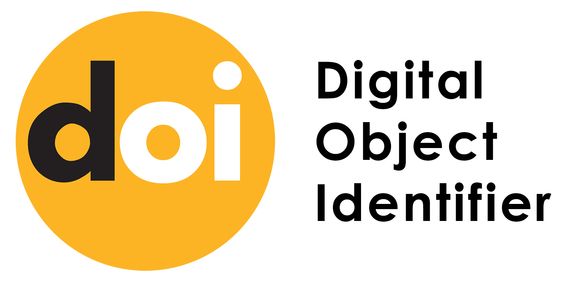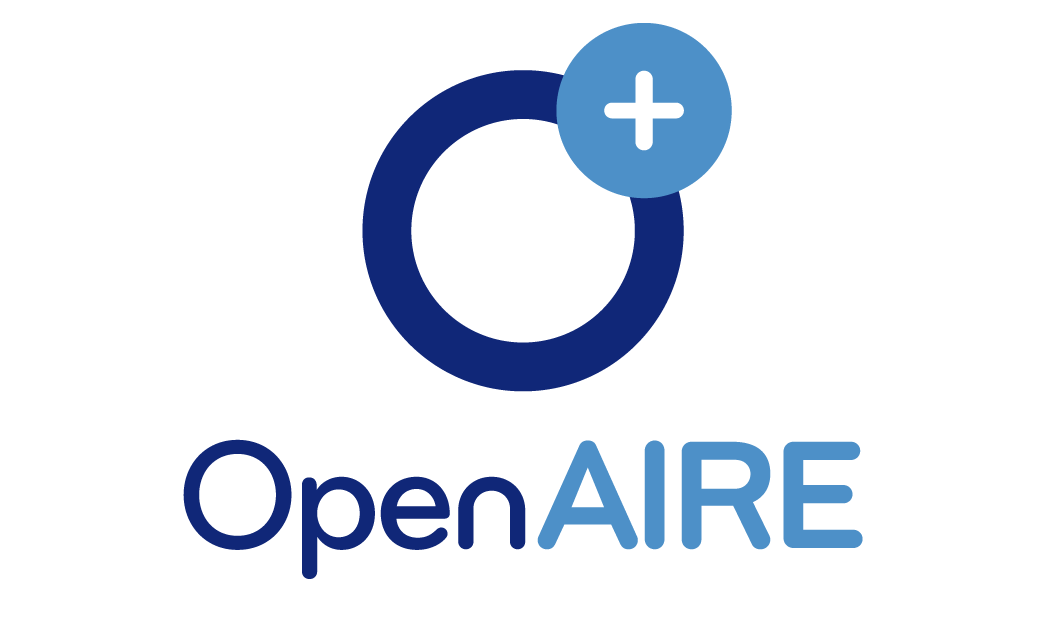ONLINE-OFFLINE TEACHING: EXPLORING SOME ASPECTS AND PROMOTING DEVELOPMENT
Keywords:
online-offline teaching, blended learning, hybrid instruction, digital integration, pedagogical approaches, technological integration, flexibility, accessibility, learner engagement, personalized instruction, collaborative learning, multimedia resources, technical challenges, curriculum design, teacher roles, professional development, learner assessment,, policy support, infrastructure, research, evaluation, future directionsAbstract
This thesis article delves into the distinct characteristics and developmental aspects of online-offline teaching in the field of education. With the advent of technology, traditional offline teaching approaches have evolved to incorporate online components, resulting in a blended instructional approach. This article investigates the unique aspects of online-offline teaching, explores its benefits and challenges, and presents strategies for its effective implementation. By understanding the intricacies and potential of this hybrid teaching model, educators can optimize student learning experiences and foster educational development in the digital age.
References
Garrison, D. R., & Vaughan, N. D. (2008). Blended learning in higher education: Framework, principles, and guidelines. John Wiley & Sons.
Horn, M. B., & Staker, H. (2015). Blended: Using disruptive innovation to improve schools. John Wiley & Sons.
Picciano, A. G. (2017). Blended learning: Research perspectives. Routledge.
Graham, C. R. (2013). Emerging practice and research in blended learning. In Handbook of distance education (pp. 333-350). Routledge.
Garrison, D. R., & Kanuka, H. (2004). Blended learning: Uncovering its transformative potential in higher education. The Internet and Higher Education, 7(2), 95-105.
Bates, T., & Sangrа, A. (2011). Managing technology in higher education: Strategies for transforming teaching and learning. John Wiley & Sons.
Keengwe, J., & Kidd, T. T. (Eds.). (2010). Towards effective blended learning practices: Challenges and opportunities. IGI Global.
Siemens, G., & Tittenberger, P. (2009). Handbook of emerging technologies for learning. University of Manitoba.
Vaughan, N. D. (2007). Perspectives on blended learning in higher education. International Journal on E-Learning, 6(1), 81-94.
Puentedura, R. R. (2014). SAMR: A contextualized introduction. Retrieved from http://hippasus.com/resources/sweden2014/SAMR_ContextualizedIntroduction.pdf








